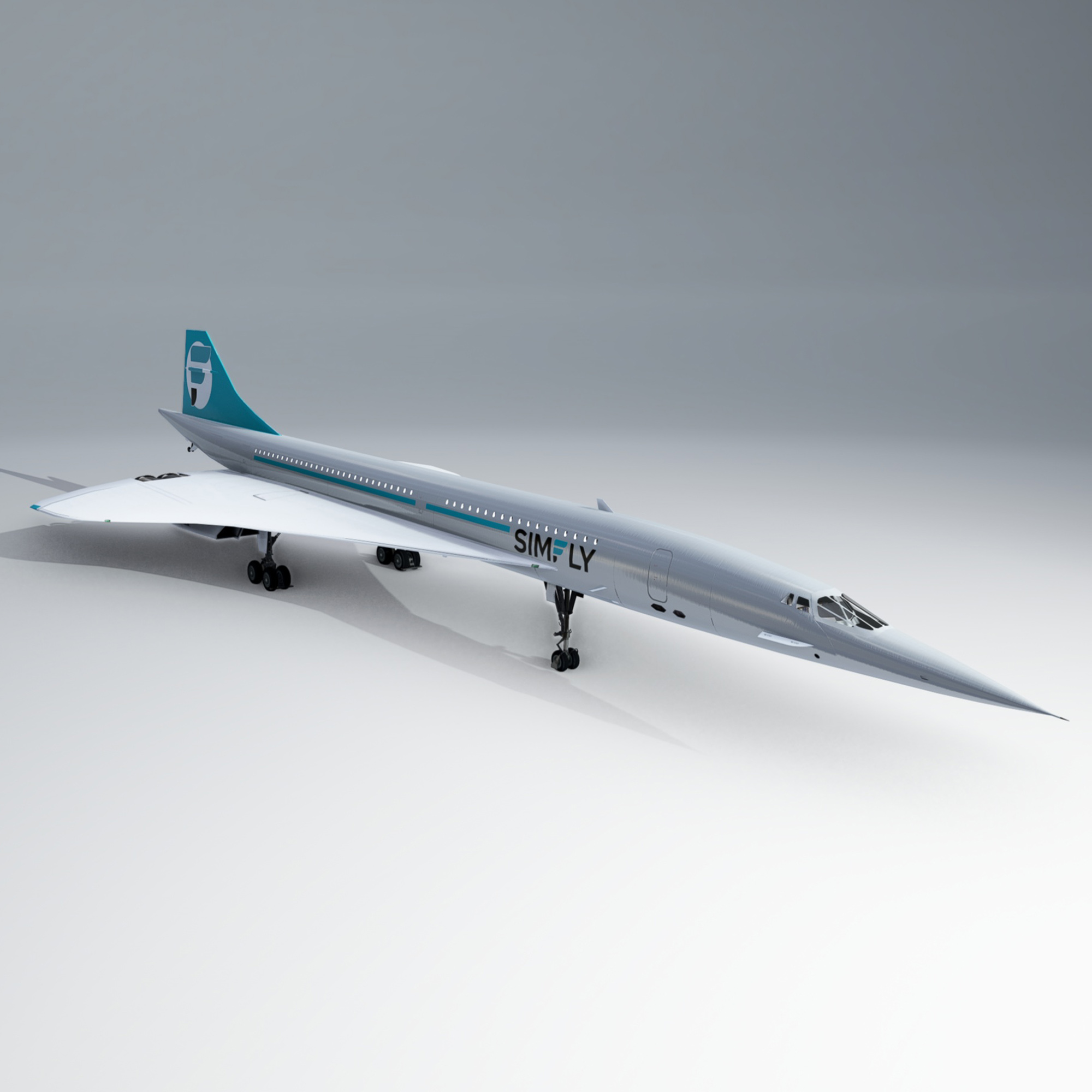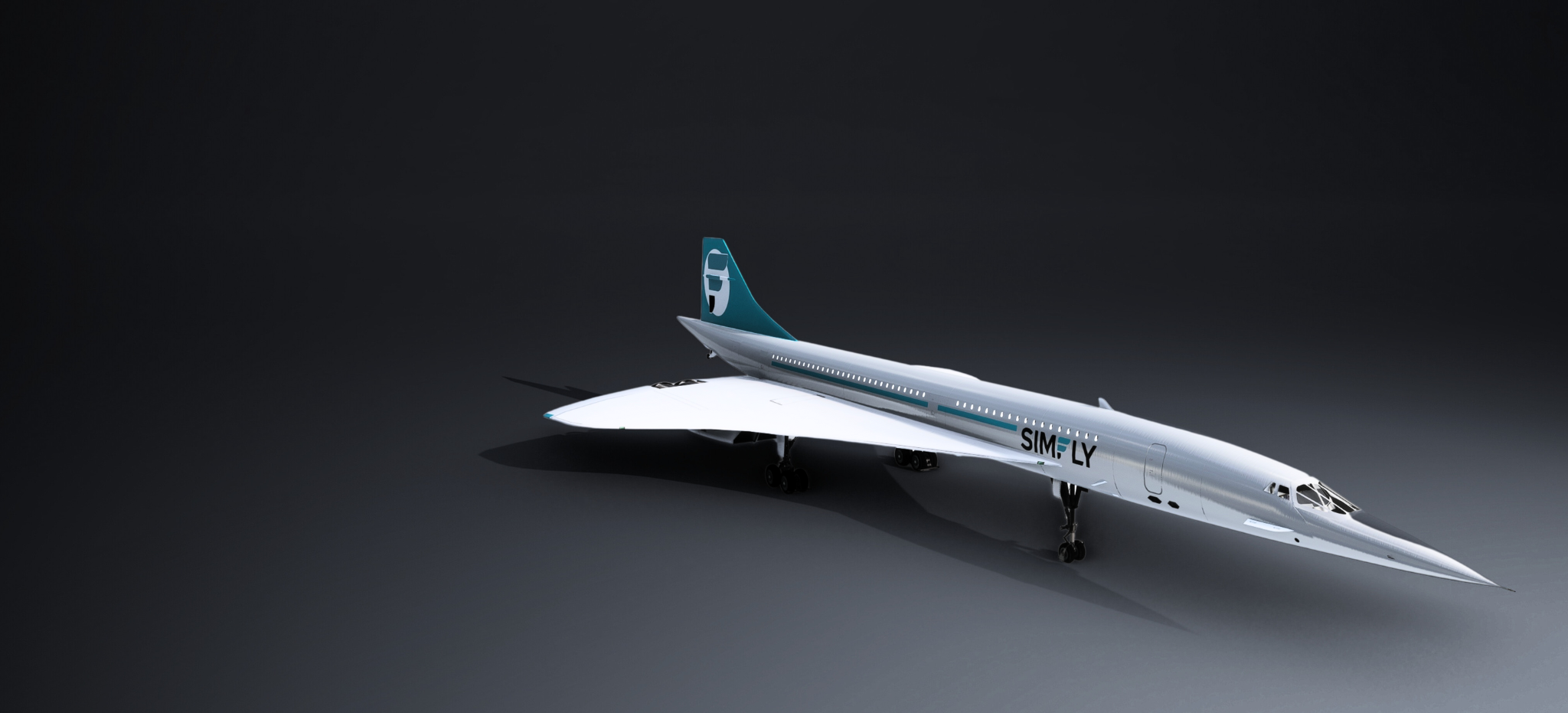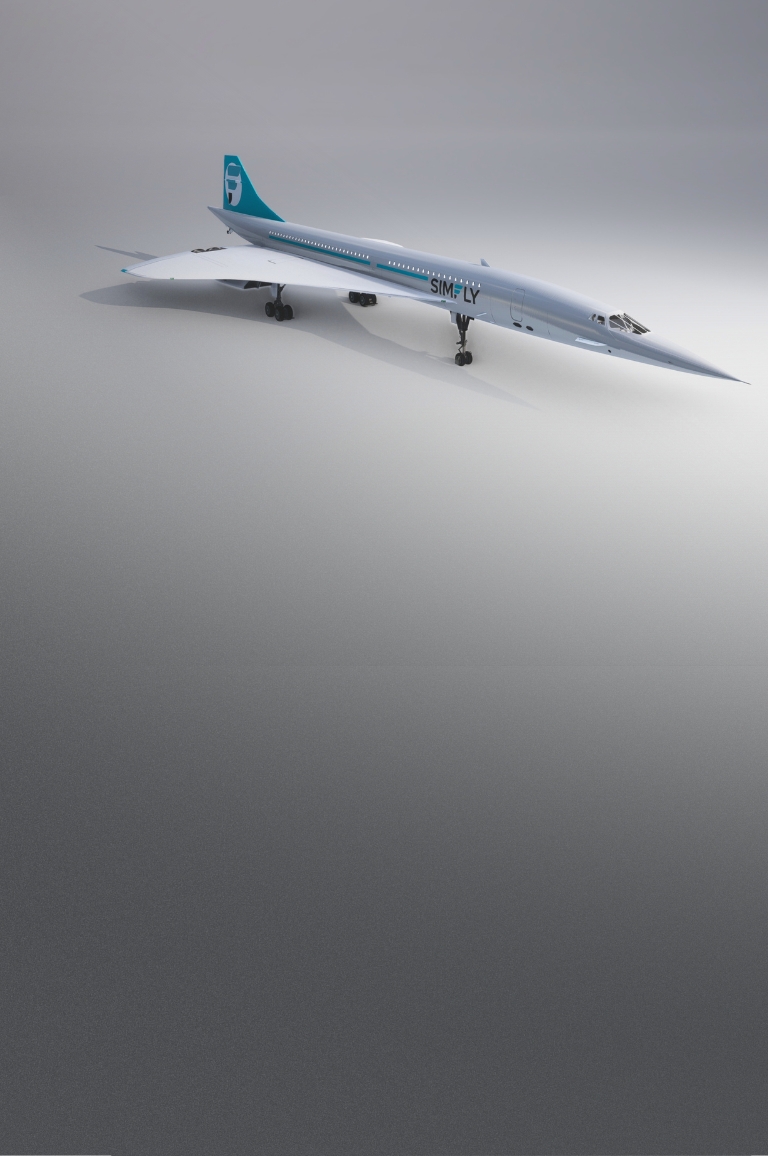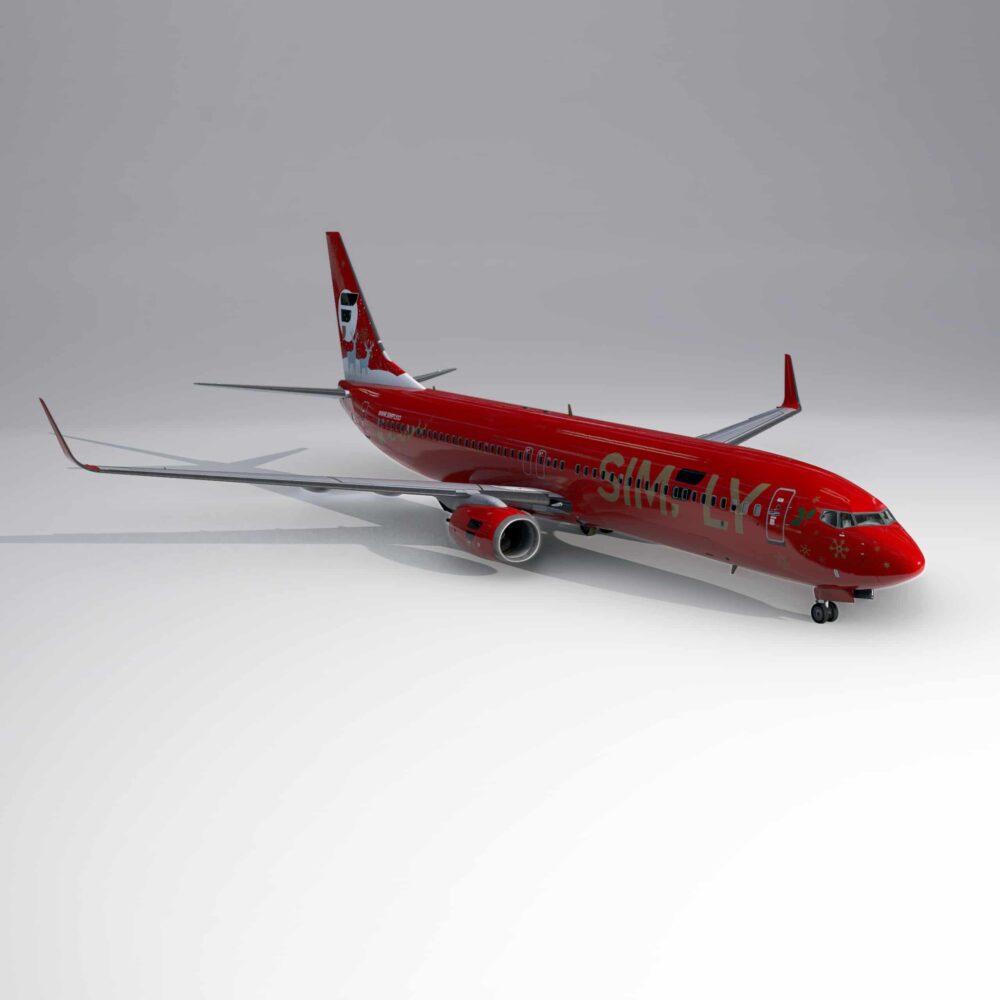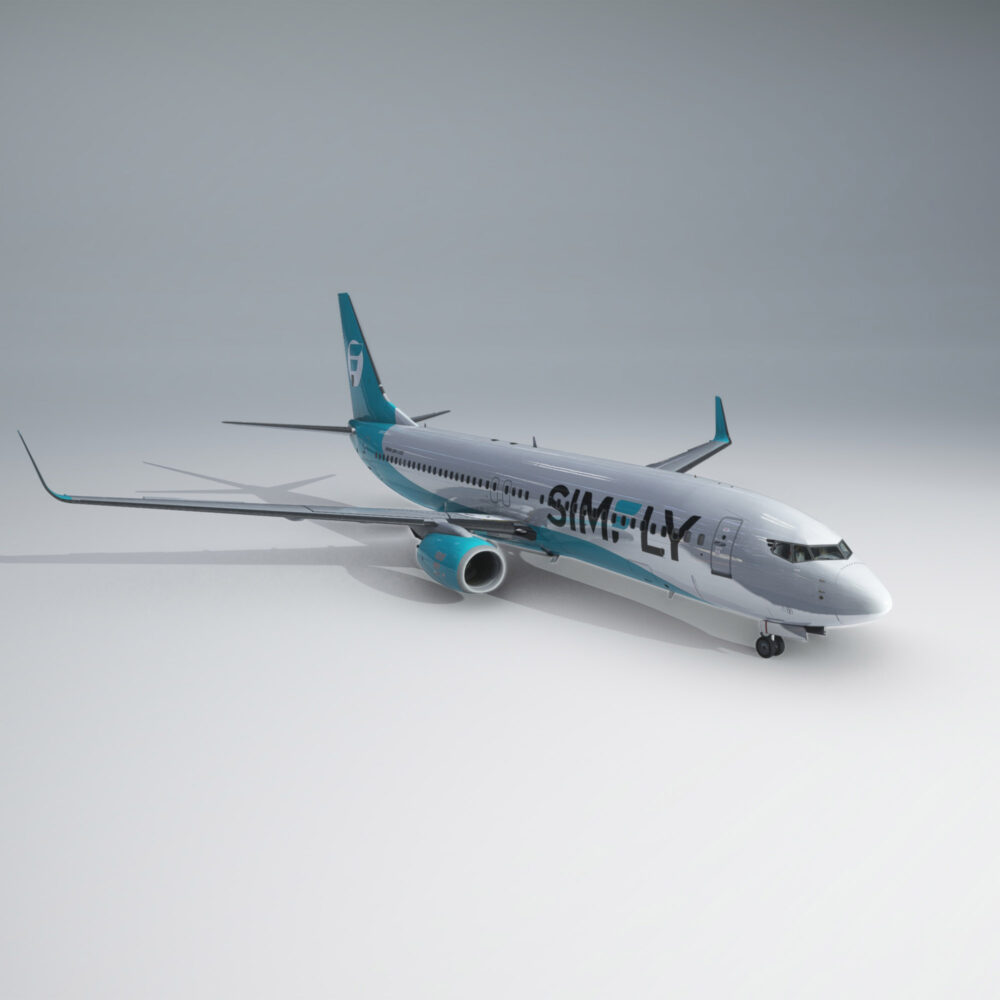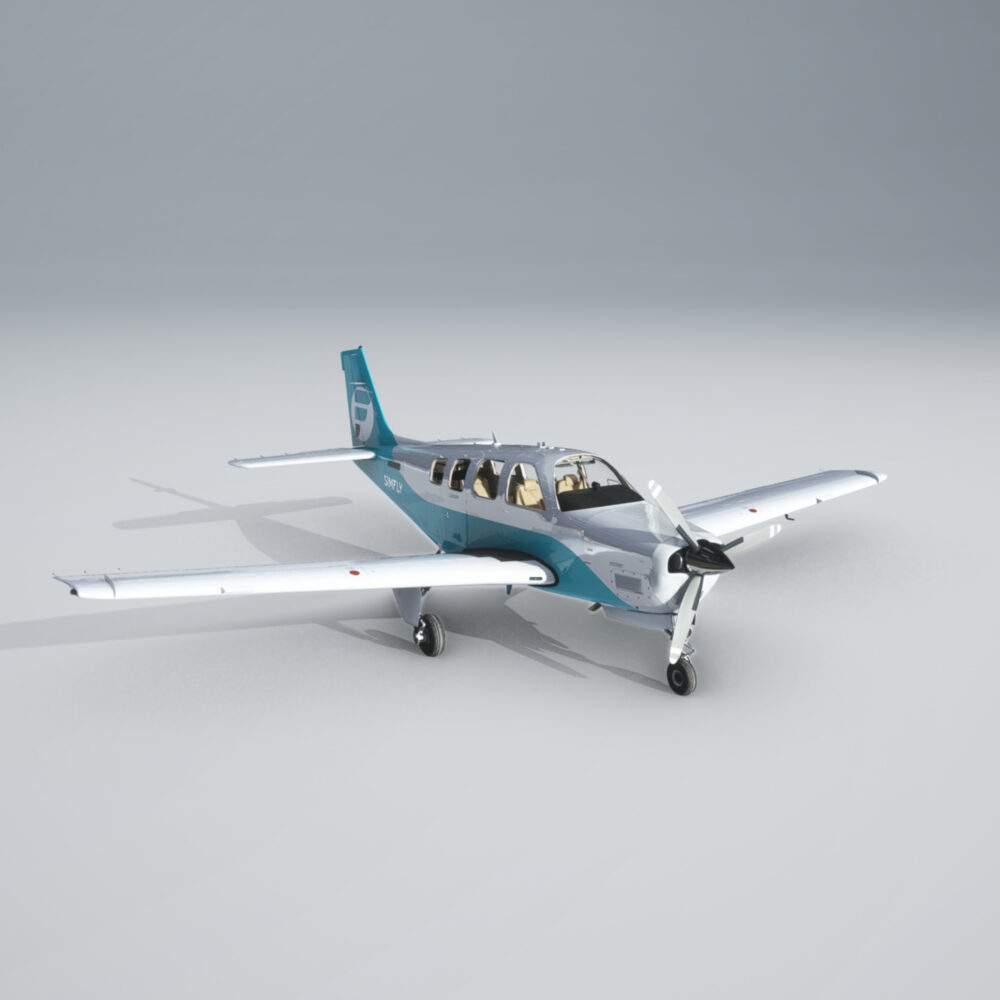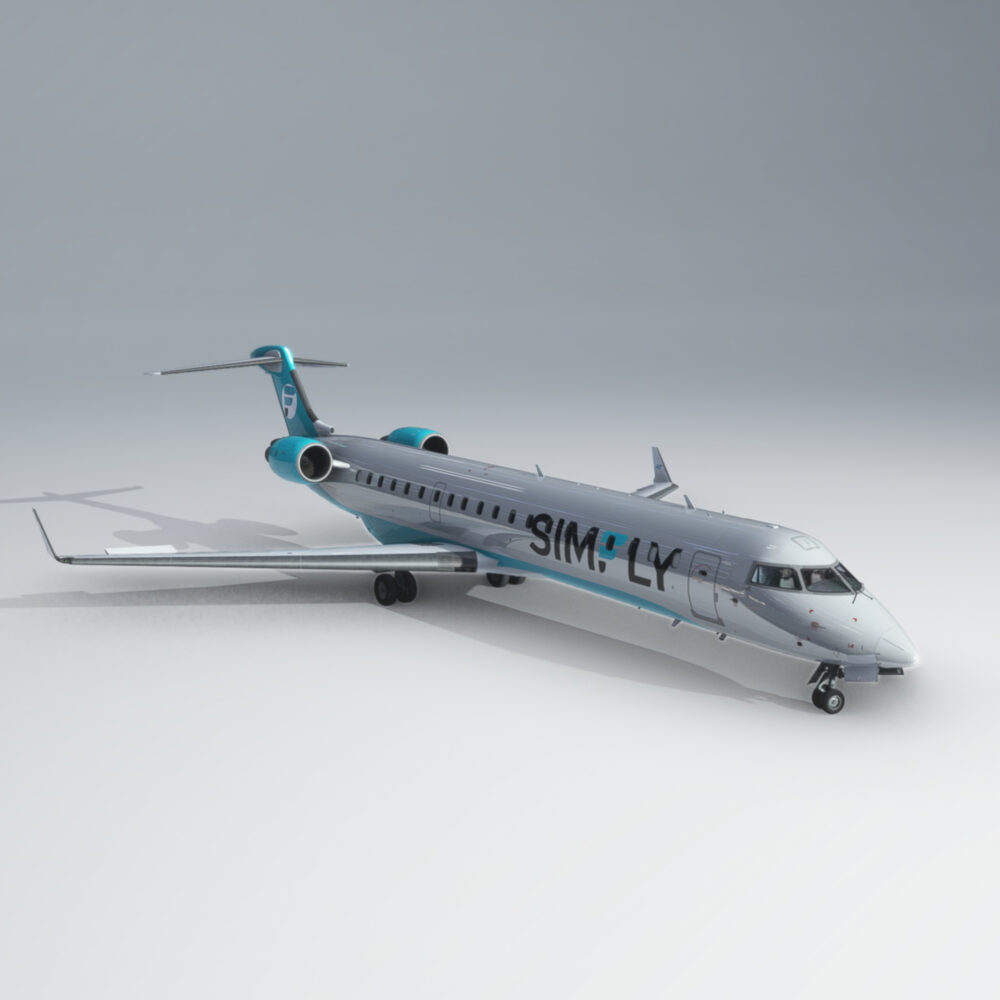Additional information
| Category | 7 |
|---|---|
| Level | 1 |
| Progression Bar | 0 |
| Make | BAC |
| Model | Concorde |
| Passengers | 100 |
| Range | 3360 |
| Speed | 1357 |
| Engines | 4 |
| Engine Type | Turbojet |
| Additional Crew | 3 |
| Fuel Qty | 31398 |
| Fuel Type | JetA |
| Max Cargo | 2700 |
| Flight Numbers | 0 |
| Minutes Flew | 0 |
| airplane_desc1 | The Concorde is a groundbreaking supersonic passenger jet known for its speed and unique design. Capable of flying at over twice the speed of sound, it dramatically reduced travel times across the Atlantic. With its sleek delta wings and pointed nose, the Concorde became an icon of luxury air travel. Despite its short service life, it remains a symbol of innovation and elegance in aviation history. |
| airplane_desc2 | The Concorde is a supersonic passenger jet developed jointly by British and French aerospace companies, known for its unmatched speed and distinctive delta-wing design. Powered by four Rolls-Royce/Snecma Olympus 593 turbojet engines, it could reach speeds of Mach 2.04 (2,180 km/h), cutting transatlantic flight times in half. With a wingspan of 25.6 meters and a length of 62.1 meters, the aircraft typically seated 92 to 128 passengers in a luxurious, narrow cabin. The Concorde’s cruising altitude of 60,000 feet allowed passengers to see the curvature of the Earth while flying above weather disturbances. Despite its sleek and futuristic design, the aircraft faced challenges due to its high operating costs, limited range of 3,900 nautical miles (7,223 km), and significant environmental concerns, particularly noise due to its sonic booms. The cockpit featured analog instruments typical of the era, with a focus on precision and stability at high speeds. While retired in 2003, the Concorde remains an icon of aviation history, celebrated for its technological achievements and the unique experience it offered during its service. |

